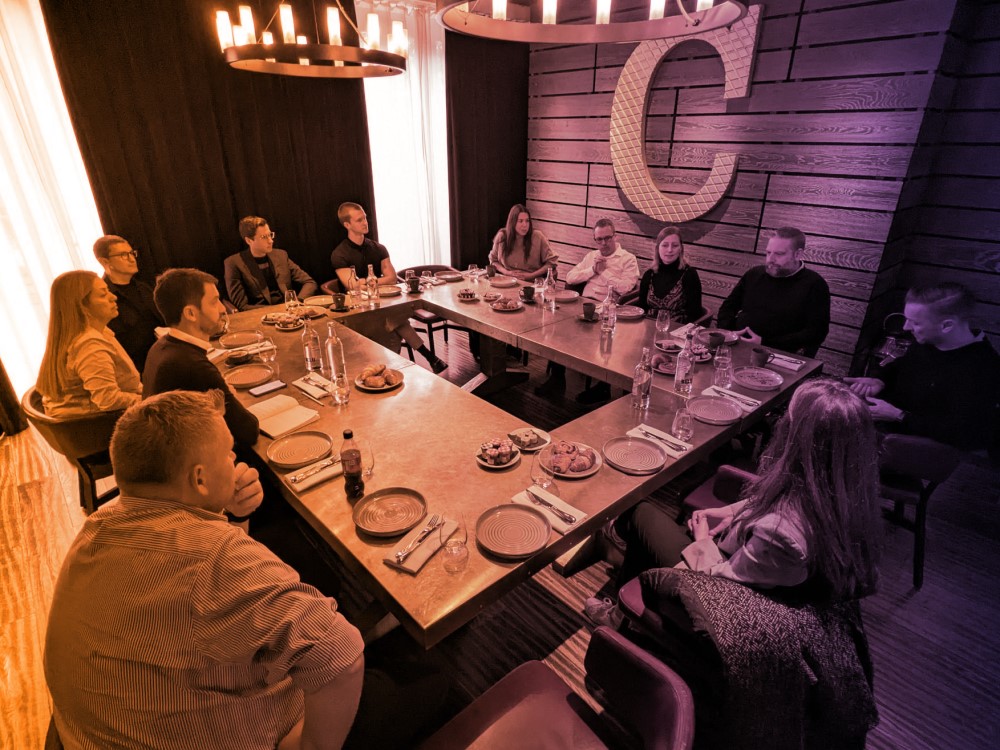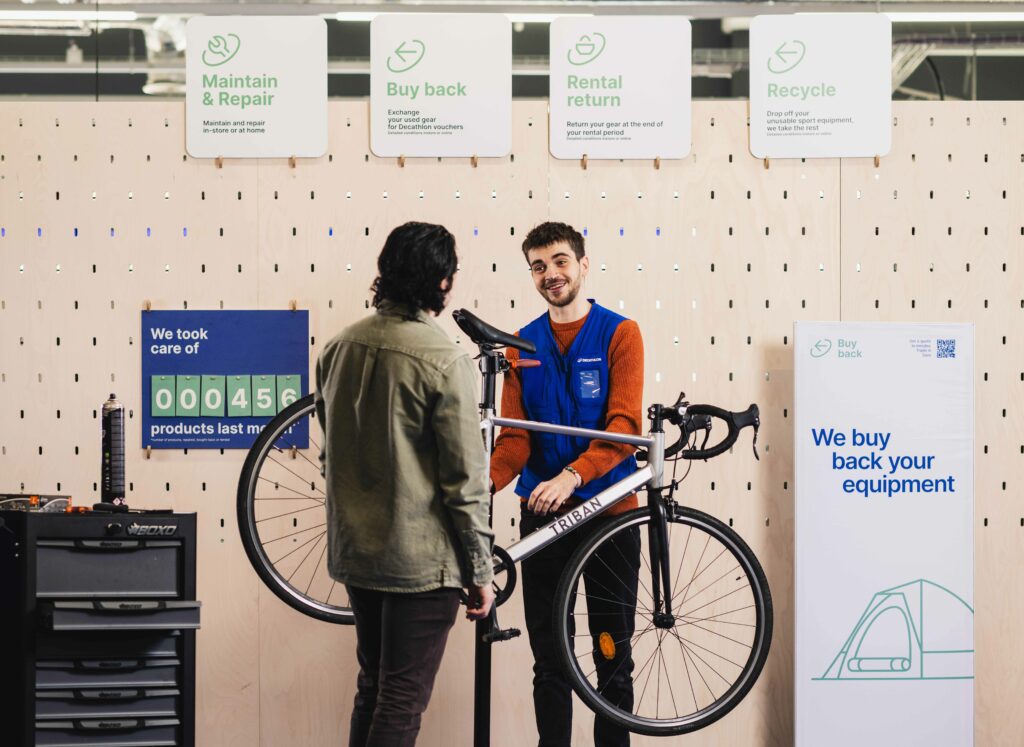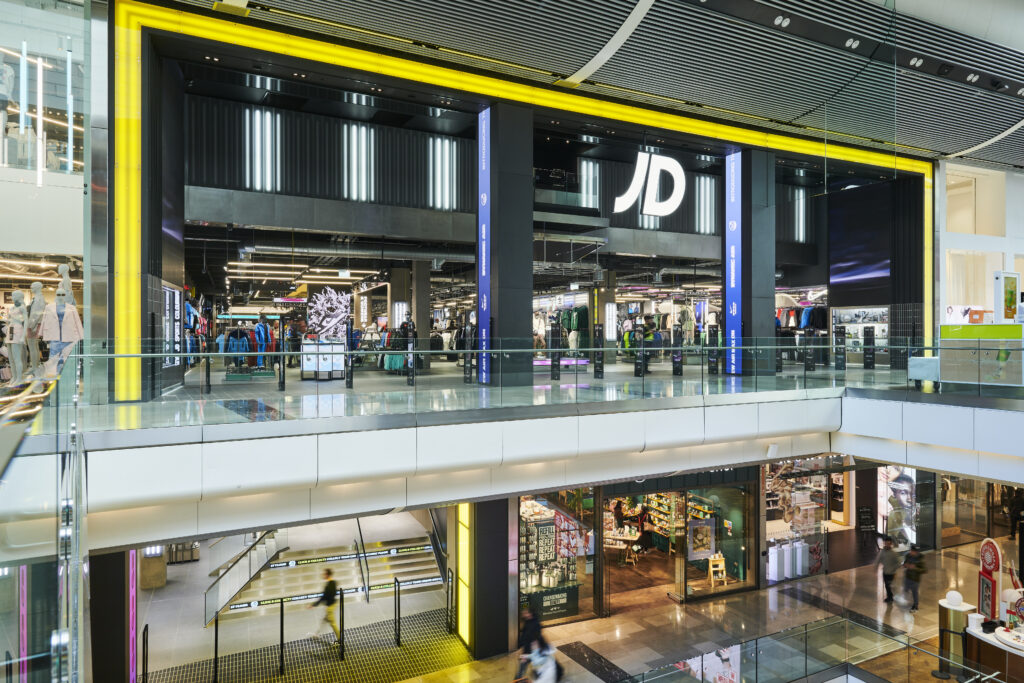Digital transformation is a state of mind and it’s wrong for retailers to look at it as a just another project because – if they do – they will fail.
True digital transformation is about continuous change and innovation, and success comes when technology is at the heart of business culture.
They were examples of strong views shared at a Retail Gazette roundtable on 31 March, as retail representatives from Browns, End, Charlotte Tilbury, Childrensalon, Co-op, Harrods, Kurt Geiger, Merlin Entertainment, New Look, Selfridges, and Sainsbury’s joined event partner, Appsbroker, for a discussion on retail’s relationship with tech.
Retailers around the table agreed that monolithic tech stacks can hold retailers back from delivering the seamless, digital customer experiences required across all sectors of the industry today. And they spent much of the debate suggesting ways to progress.
‘Stop the abusive relationship with tech’
Many retailers have found themselves trapped in “an abusive relationship” with their technology providers, and the companies embarking on the right path now are those that have siphoned off the best features of big tech platforms and developed a more product-based approach to development, according to the discussions.
If there is friction in the relationship between retailer and technology partner, this is likely to be reflected in the customer experience, one attendee argued.
Another retailer said they put technology into two different camps: one stack to maintain the infrastructure; and another stack for the “blue-sky thinking” or testing and learning, where the retailer holds all the strings and “dictates the conversation”.
Lots of the problems retailers find themselves in with technology derive from not knowing the path their trying to take in the first place.
One roundtabler said the problem is “retailers often ask technology companies to help with digital transformation but they don’t actually know what they are trying to achieve”.
Indeed, according to another guest, the pandemic forced retailers to adopt more digital thinking and a greater eCommerce approach, but without a global health crisis to force the issue it is going to be difficult for businesses to know what the next tech investment should be.
Dealing with the data science
One solution to some of those questions comes in who comprises the IT team, and how it functions.
Historically, retailers have operated with a “top-down approach” to running their IT teams, where executives think they know what they want and ask their teams to go away and build it.
However, as retailers at a previous Retail Gazette roundtable on this subject suggested and as forward-thinking modernising businesses such as Kingfisher and Boots are realising, this can be too slow and expensive and doesn’t garner the required results.
A product-based programme, defined by agile development methodology where engineering teams are given more freedom to work on different aspects of the technology ecosystem – a microservices architecture – is viewed as a better way of working.
Sarah Al Najjar, IT delivery manager/agile coach and part of the IT operations & engineering department at End, said: “When you’re building something to ensure your retail organisation is customer centric, which is the aim of the wider industry, you need to be able to delve into the data.
“You need data scientists in the team to analyse consumer data and understand customers’ purchasing behaviour, this will ensure any new features and/or products you develop are aligned with what your customers truly want – there needs to be an element of decentralised decision making if retailers are to progress with tech.”
She added: “If you’re a retailer and your engineering team is not working in an agile manner today, you’re doing it wrong.”
Al Najjar defines agile as not working in a linear fashion. Small teams – or “squads” – who know the end goal but who are not restricted by old-fashioned linear and sequential management processes of build-test-change-approve – instead, agile is an approach where continuous planning, building, testing, and reviewing takes place before the end goal is reached.
Cultivating the right team and culture
Roundtablers agreed that successful digital transformation comes down to organisational structure as much as anything else.
One retailer said: “Balancing customer-led experience with brand equity is always tricky, and it is often hard to find the middle ground and get things changed in an organisation.
“Retailers need to agree what represents value – and there is often tension inside the company regarding what this is. The definition can differ between senior leaders and those in the field.”
Old linear structures and chains of command are often to blame for this tension in modern retail, according to several delegates in attendance.
“The first question the best software engineers will ask when assessing whether they want to work for a retailer is ‘how do you work?’,” said Al Najjar.
“They want to learn, they want flexibility and they want to have autonomy as they work towards a common goal.”
The concept of “fail fast and move on” has been much touted in the last decade by retailers navigating their way through a more digital world.
Although it may sound cliché now, it is actually a fundamental part of how modern engineers work and business gain through tech development is achieved, according to Al Najjar.
“You have to be willing to fail to be innovative when it comes to technology” she explained.
“If you don’t fail, you’re following someone else’s path and you’re choosing continuity rather than being bold and driving the market.”
Andrew MacInnes, a former chief technology officer (CTO) at the John Lewis Partnership and now CTO at Appsbroker, was also in attendance at the roundtable.
He said: “The bigger the organisation, the more difficult it is for tech to have a voice in this day and age.
“But the truth is you can’t create a business strategy without IT and you can’t create a tech strategy without knowing what the business wants. The key is to create IT metrics for influencing business strategy – and if retailers are to progress in the modern world there needs to be digital fluency throughout the organisation.”
MacInnes added: “Historically ‘digital’ has been marketing, but in the best-performing retailers the tech team is now claiming ‘digital’ back. For a retailer to be successful, it is vital the board understands that.”


















